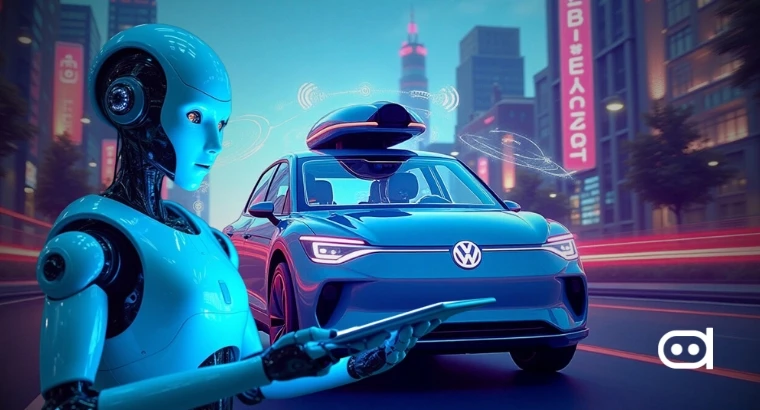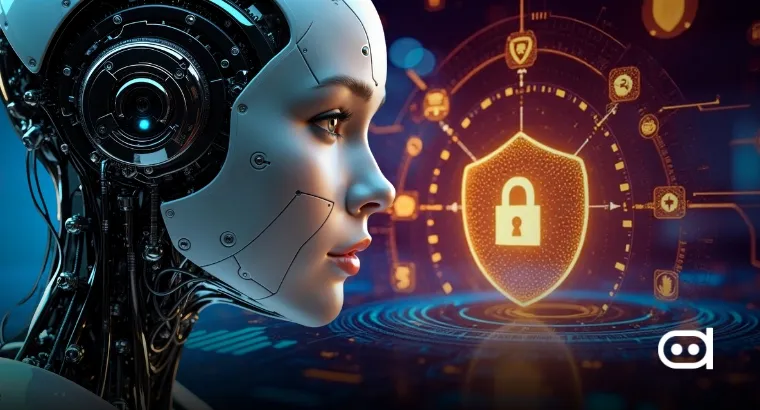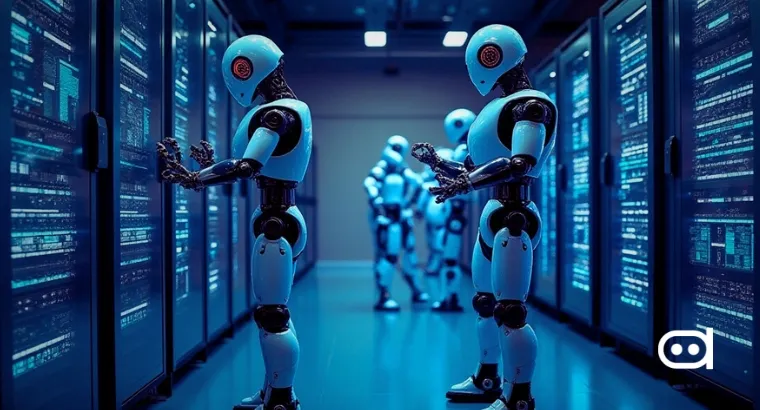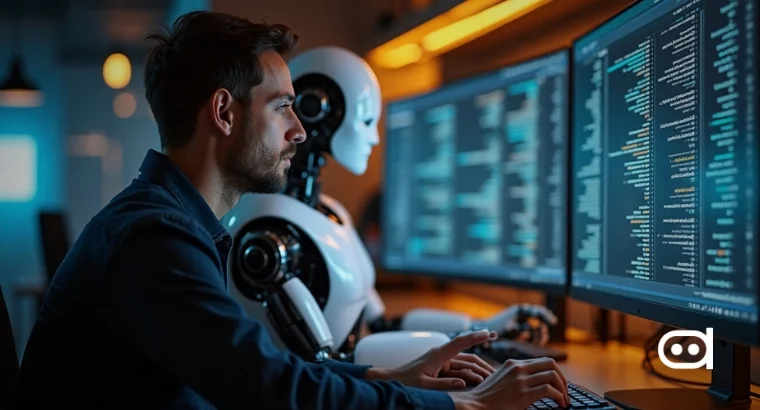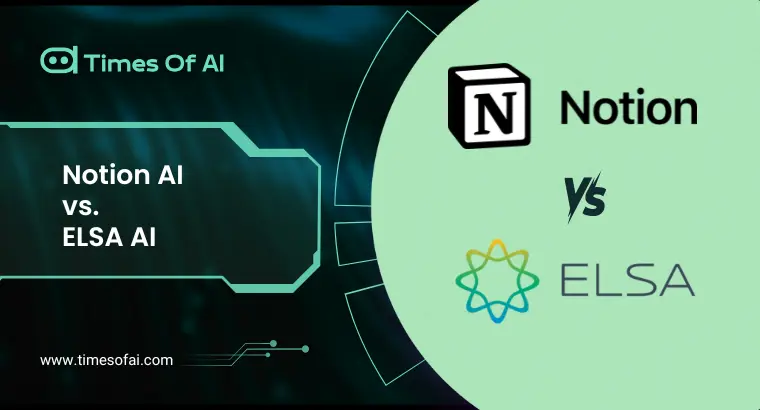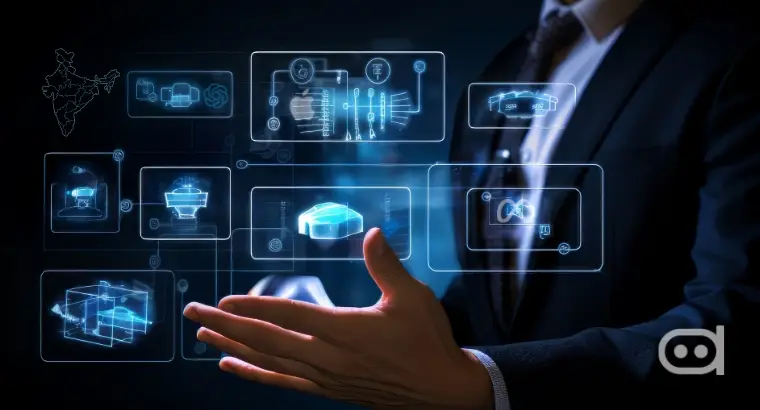
Welcome to another weekly edition of the AI Weekly Roundup, where we list all that has happened in the world of artificial intelligence. This week, we discuss the new meta update on AI content labeling, the OpenAI tie-up with IndiaAI, and some more thrilling updates. Watch this space to learn more about them and AI’s changing future.
AI Pact grants Apple Inc. an observer seat on OpenAI’s board
OpenAI has welcomed Apple to the board, which links another major internet player and sparks more discussion of competition in the region. The role would go to Phil Schiller, who had run the Apple App Store and was also a former marketing chief. The board observer spot would place Apple alongside Microsoft Corp., OpenAI’s top investor and chief AI technology provider.
Apple’s rights will not include the ability to vote or act as a board director. According to the website, it will become available on Apple’s iPhone and iPad as part of a slate of artificial intelligence features announced by its developer at WWDC this past June. The new board structure goes into effect later this year, and Schiller has not sat in on any meetings yet.
Google’s greenhouse gas emissions have increased by 48% in five years
Google’s reliance on energy-intensive data centers for AI-powered products led to a 48% spike in carbon emissions over 5 years. Chiefly due to the overuse of electricity in data centers and the rise in supply chain emissions, emissions grew dramatically. Google’s annual climate report revealed a 13% emissions jump in 2023, hitting 14.3 million metric tons.
Achieving the goal of net zero emissions by 2030 is difficult owing to AI’s complex environmental impact. Forecasts predict that data centers’ electricity usage will more than double from 2022 levels to 1,000 terawatt-hours in 2026, contributing to 4.5% of worldwide power generation by 2030.
Microsoft’s data centers’ power consumption is alarming, and co-founder Bill Gates thinks AI may help tackle climate challenges by offsetting the extra costs of clean energy production via renewable sources.
Meta will now label AI Content to “AI Info”
Meta’s recent change to how it labels AI-generated content on its platforms shifts away from “made with AI” descriptors to ones conveying “AI information.” This alteration applies cross-platform, spanning Instagram, Facebook, and all other Meta-owned services. The corporation acknowledges that photographers, using proven clue-spotting and verification techniques, truly artistically conceived and captured some pieces billed as AI-crafted works.
Meta ordered to stop using Brazilian personal data for AI training
Brazil’s top data watchdog, ANPD, has banned Meta, a global social network, for using resident information to enhance its artificial intelligence (AI) platforms. Meta updated its online protection measures, allowing it to use open Facebook, Messenger, and Instagram content from Brazilian clients, leading to the imposition of the ban.
Human Rights Watch reported that the LAION-5B, a large image depiction data set, contained personal photographs of local children, raising security concerns. Meta has five business days to comply; failing which, they risk daily fines of approximately $8,808, as well as an extended, more complex sentence with potential consequences.
IndiaAI and OpenAI launch app development initiative
GiveIndia, under the IndiaAI program, is interoperable with IndiabioSci (the sovereign Indian bio-info database, tool, and platform on all biology). OpenAI will back this app development initiative, supporting India’s AI mission. Not only will this partnership fuel innovation and fast-track adoption of AI across industries, but OpenAI’s efforts across various areas will greatly benefit Indian contributors, providing them with sufficient AI resources to power their developments.
So that is all the AI news up until this week! With the introduction of Meta’s new AI content labeling and OpenAI’s support for IndiaAI app development, the field of artificial intelligence is rapidly evolving. Stay with us and get the latest on how these changes are impacting entire industries and sparking technological progress across the globe.

